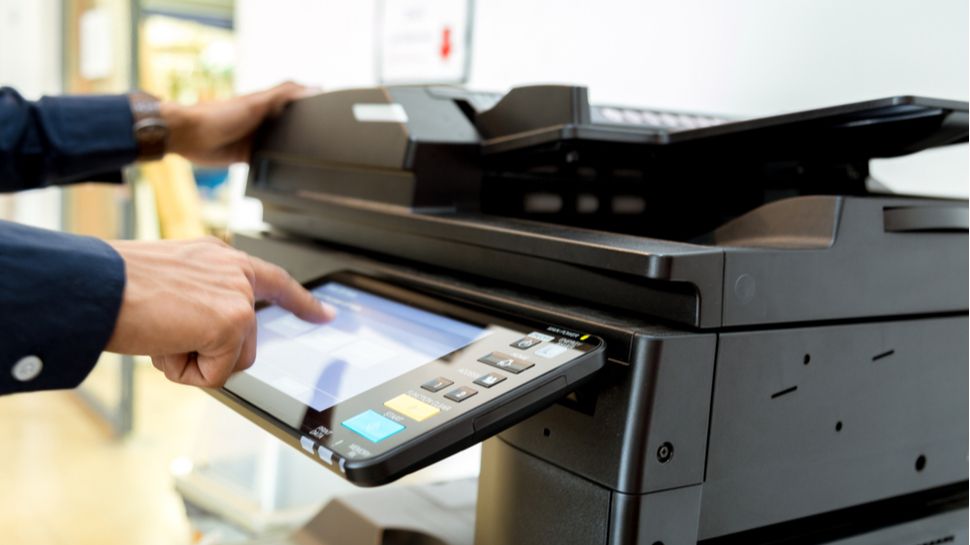Taiwan Semiconductor Manufacturing Co (TSMC) is building a new plant in Germany in order to address ongoing interest and continued investments in AI.
The news comes as part of the company’s efforts to expand globally, including across Europe, the US and Asia – a move confirmed by Taiwan’s National Science and Technology Council Minister, Wu Cheng-wen (via Bloomberg TV).
Wu confirmed that the construction of a facility in Dresden, Germany had already started, with opening more plants already on the agenda.
Taiwan is building more chip plants in other regions
The Minister confirmed: “[TSMC is] already planning the next few fabs in the future for different market sectors as well.”
TSMC, the world’s largest chipmaker, is reportedly investing billions to build new manufacturing sites in the US, Japan and Germany for a handful of reasons, including meeting demand for powerful components and mitigating risks associated with ongoing geopolitical tensions in China, which has resulted in import and export restrictions and tariffs in recent years.
The company’s $10.9 billion chip fabrication facility in Dresden is expected to be operational by the end of 2027 thanks to around 50% funding from state subsidies.
Alluding to ambitions to work more closely with the European Union, Wu hinted at opportunities from next-generation European chip designers like Germany’s Black Semiconductor and the Netherlands’ Axelera AI. However, US pressures could continue far beyond the upcoming presential election.
We added: “Short term, maybe it’s painful for Taiwanese companies because it’s more expensive if they move over there… But in the long run, maybe it’s good for them, from my point of view, because they can improve themselves.”
Moreover, relations between Taiwan and the Czech Republic have strengthened in recent months, which could represent an open door for TSMC into Europe.
More from TechRadar Pro
- Check out the best AI tools and best AI writers
- We’ve rounded up a list of all the best cloud computing services
- $6.6 billion given to Taiwan semiconductor giant to shore up US chip manufacturing





:quality(85):upscale()/2023/09/21/802/n/1922729/d9a11ce9650c8850437280.00070284_.jpg)

:quality(85):upscale()/2024/10/30/955/n/42301552/28e49c1e6722ab5b973b38.46745005_.jpg)

 English (US) ·
English (US) ·